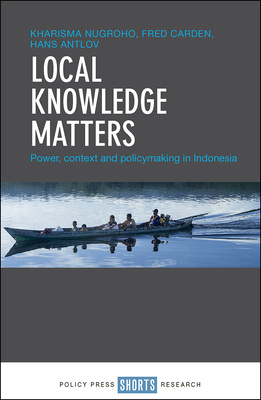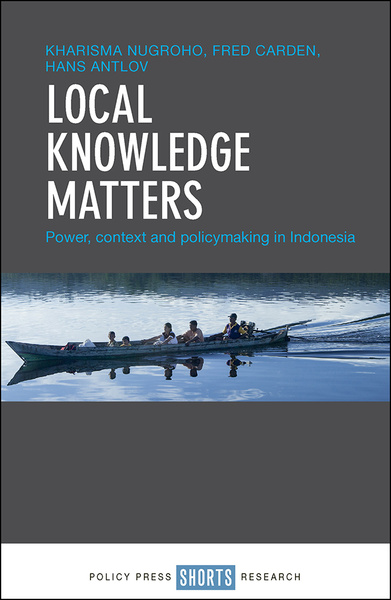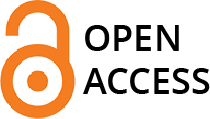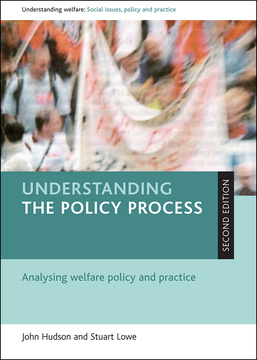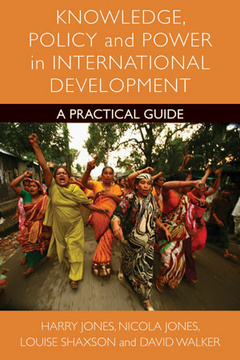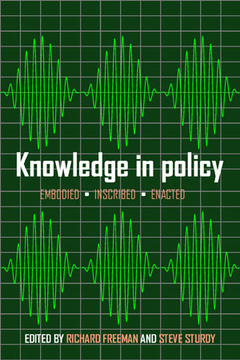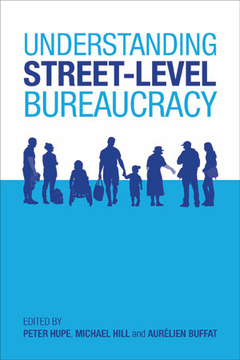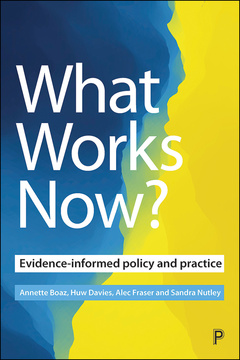Local Knowledge Matters
Power, Context and Policy Making in Indonesia
By Kharisma Nugroho, Fred Carden and Hans Antlov
Published
Jul 4, 2018Page count
192 pagesISBN
978-1447348078Dimensions
198 x 129 mmImprint
Policy PressPublished
Jul 4, 2018Page count
192 pagesISBN
978-1447348092Dimensions
Imprint
Policy PressPublished
Jul 4, 2018Page count
192 pagesISBN
978-1447348108Dimensions
Imprint
Policy PressPublished
Jul 4, 2018Page count
192 pagesISBN
978-1447348085Dimensions
Imprint
Policy PressAvailable Open Access under CC-BY-NC licence. This book explores the critical role that local knowledge plays in public policy processes as well as its role in the co-production of policy relevant knowledge with the scientific and professional communities.
The authors consider the mechanisms used by local organisations and the constraints and opportunities they face, exploring what the knowledge-to-policy process means, who is involved and how different communities can engage in the policy process.
Ten diverse case studies are used from around Indonesia, addressing issues such as forest management, water resources, maritime resource management and financial services. By making extensive use of quotes from the field, the book allows the reader to ‘hear’ the perspectives and beliefs of community members around local knowledge and its effects on individual and community life.
Kharisma Nugroho is a research associate at the Indonesian Alliance for Policy Research (ARK Indonesia).
Fred Carden is Principal at Using Evidence Inc., and was Senior Research Advisor to the Knowledge Sector Initiative in Indonesia (2013-2017).
Hans Antlov is Technical Advisor at RTI International’s Knowledge Sector Initiative in Indonesia.
Introduction: local knowledge matters!
Forms of knowledge and policy influence
Local knowledge in democratic policy making
Stories of local knowledge
Generating and managing local knowledge
Using local knowledge in policy making
Conclusion: improving public policy through local assets







